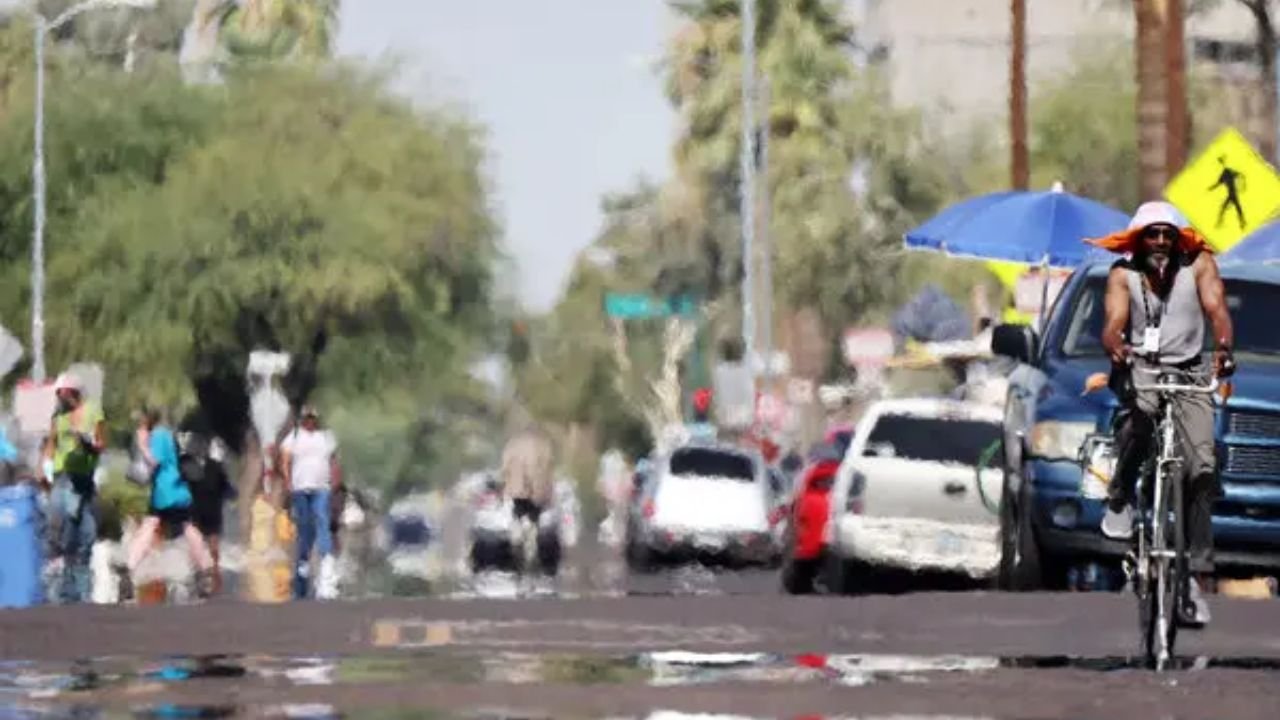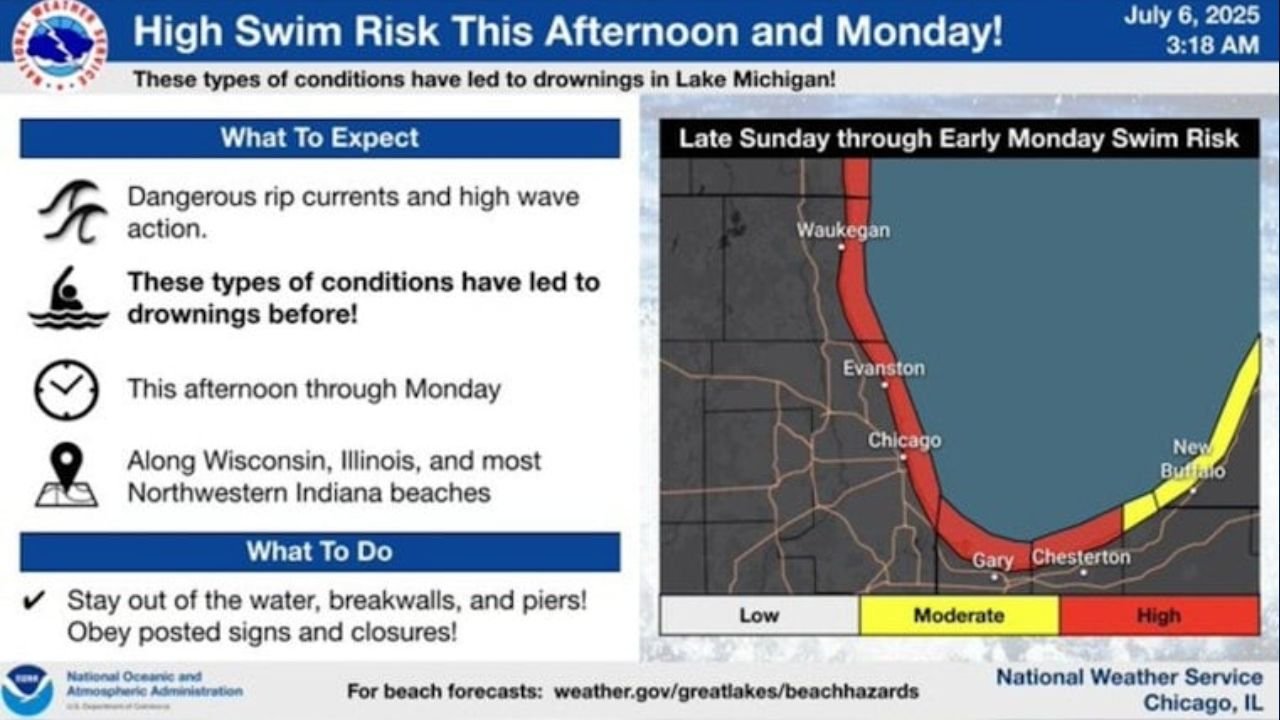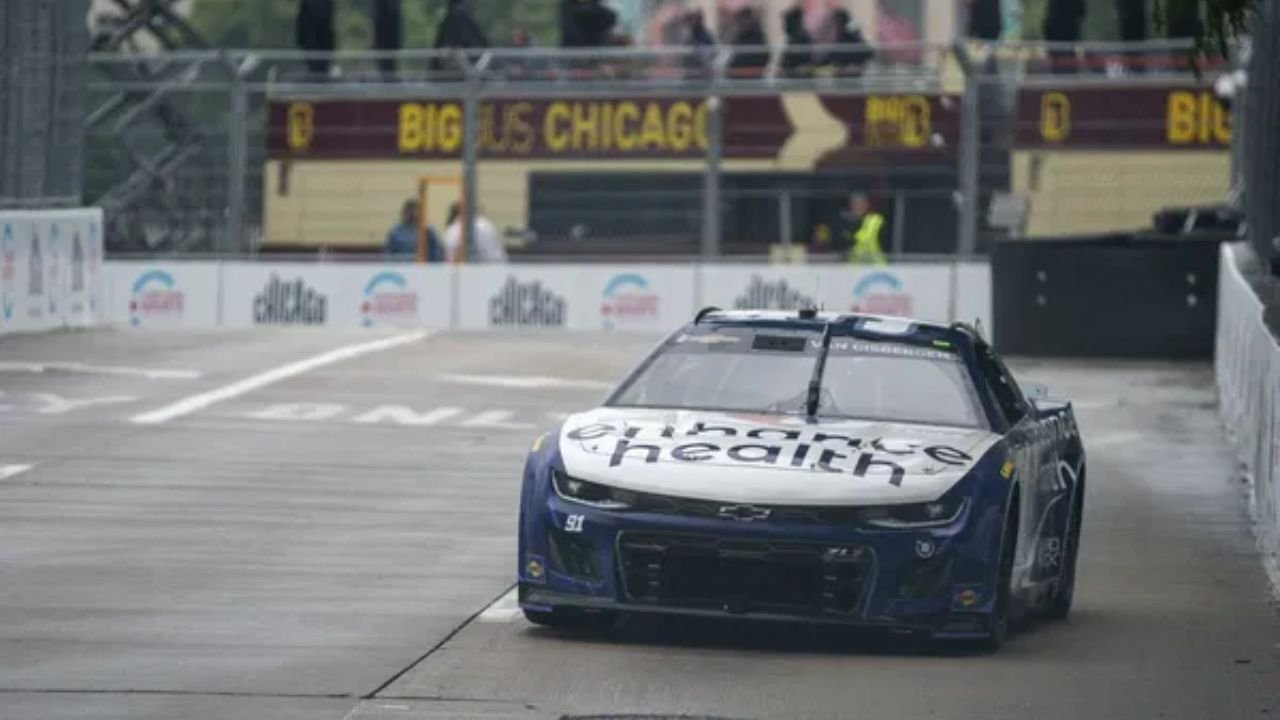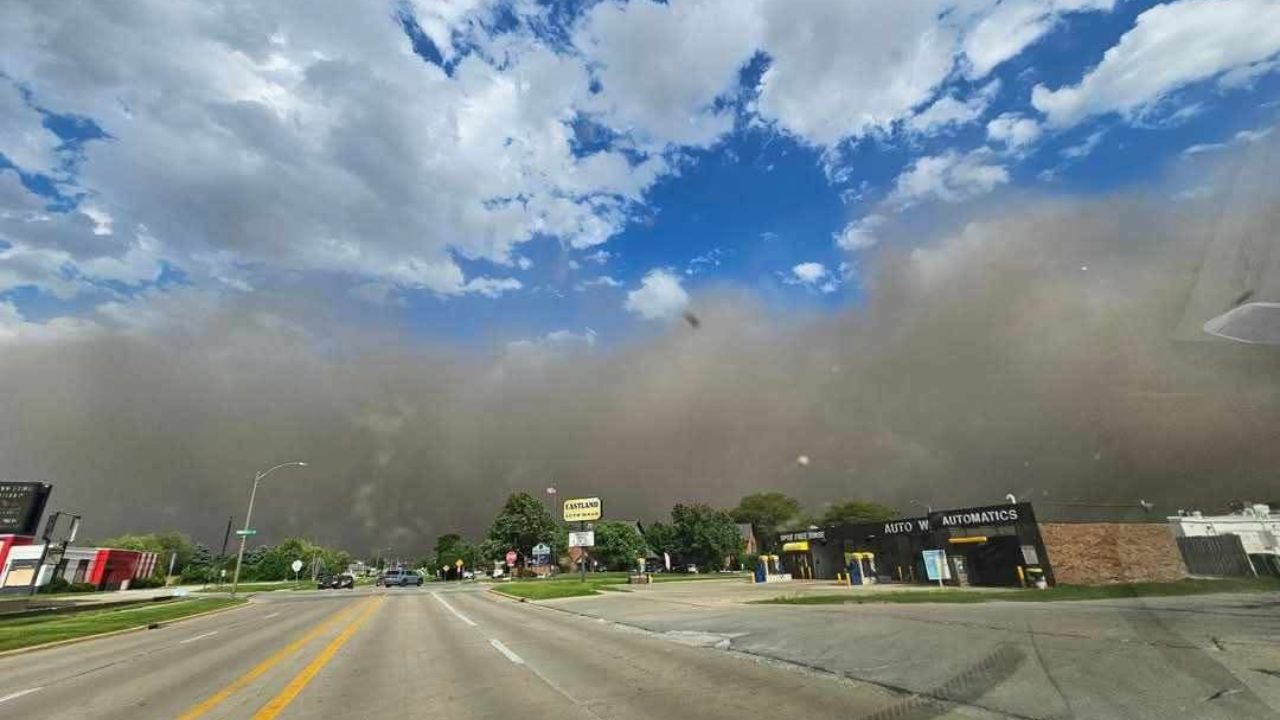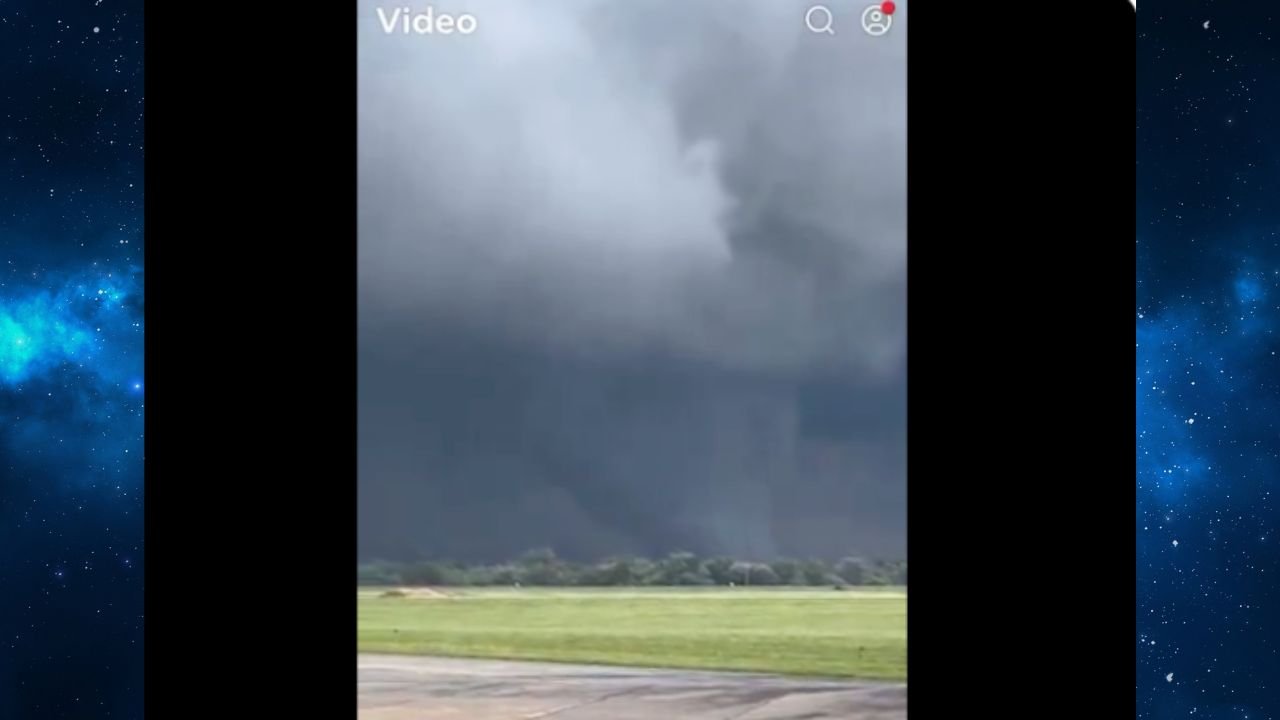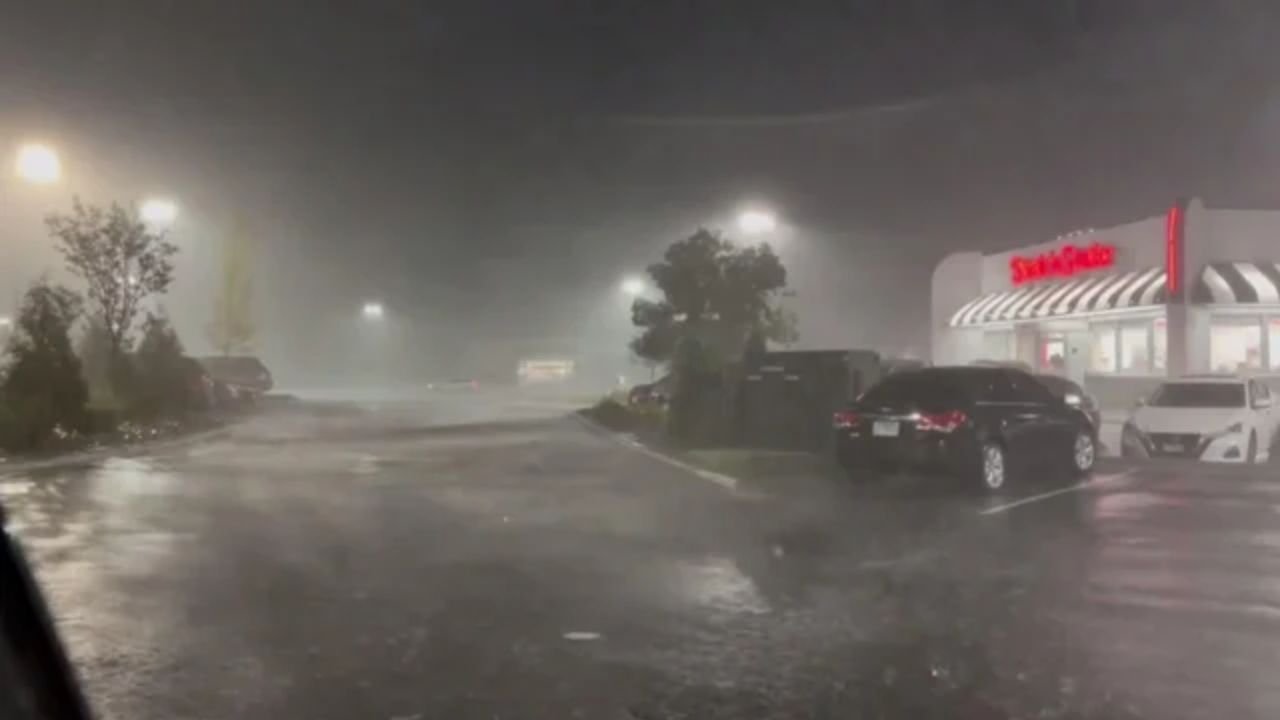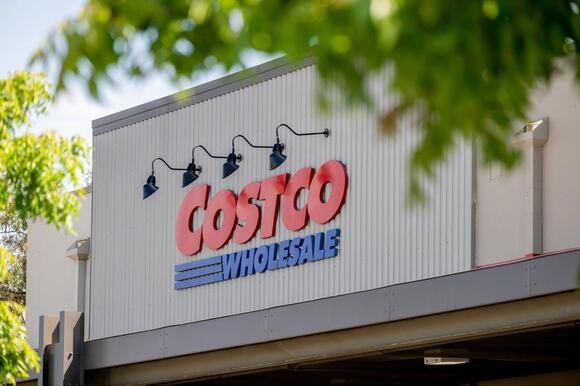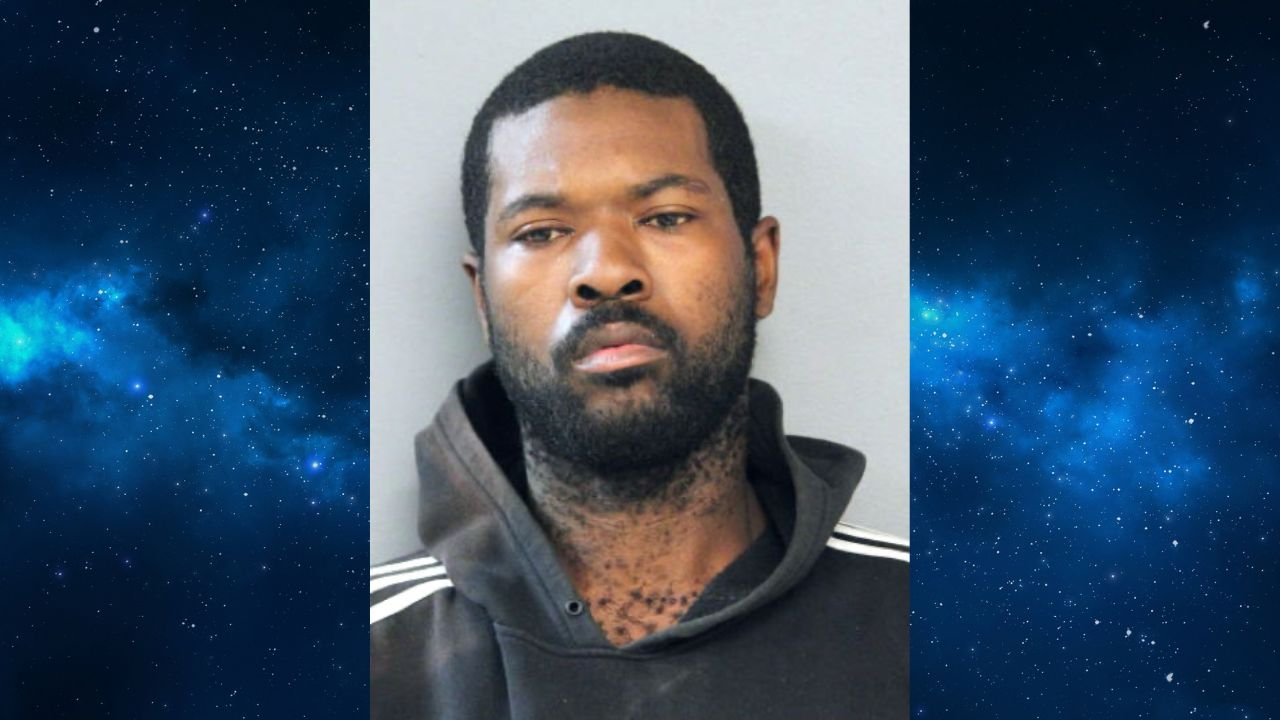PHOENIX — A dangerous, record-breaking heatwave has gripped Arizona’s capital, with Phoenix enduring over 17 consecutive days of 100+ degree temperatures, placing the city once again at the center of America’s escalating climate crisis.
According to the Phoenix New Times, the city not only tied its own 2020 record but exceeded it with seven days reaching 110 degrees or higher, a level of heat that’s proving fatal for vulnerable communities.
Heat-Related Deaths Soar, Experts Sound Alarm
In 2023, Maricopa County recorded 645 heat-related deaths, the most in the nation. That number made up more than 50% of all heat-related deaths in the United States, based on figures compiled by the Centers for Disease Control and Prevention.
Although the toll in 2024 shows a slight dip, public health officials warn that this year’s early heatwave could lead to even worse outcomes if no preventive action is taken.
“This city is the epicenter of this crisis in the United States,” said pulmonologist Dr. Jack Tuber, who testified during a local climate hearing, as quoted by the Phoenix New Times.
Dangerous Burns and Air Quality Hazards
As temperatures climb, so do risks beyond heatstroke. Local hospitals are treating a growing number of severe contact burns, caused by walking barefoot on pavement or collapsing onto sun-baked concrete.
Burn specialist Dr. Clifford Sheckter explained that Phoenix surfaces have reached 130–140 degrees, enough to cause third-degree burns in under 30 seconds, as cited in the AZ Mirror.
Additionally, the Arizona Department of Environmental Quality reports a 60% spike in high-ozone days between 2015 and 2022, correlating directly with the city’s hotter climate and automobile emissions.
Low-Income Communities and Seniors at Highest Risk
At a recent “People’s Hearing” hosted by advocacy groups and climate researchers, multiple speakers highlighted how low-income families, seniors, and the unhoused are most at risk in Phoenix’s heat emergency.
“There is no precedent for what we are experiencing today,” said Dr. Ryan Glaubke, a paleoclimatologist at the hearing. “We are pushing the climate into uncharted territory” (AZ Mirror).
The lack of shaded infrastructure, evaporative cooling, or subsidized energy programs in poorer neighborhoods has exacerbated both morbidity and mortality among those least able to adapt.
The Urgent Call for Federal Climate Response
The data and testimony emerging from Phoenix have now triggered urgent calls for federal emergency support, including expanded cooling shelters, revised OSHA rules for outdoor laborers, and aggressive emissions policies.
While the Biden administration has declared heat-related illness a public health priority, experts argue the scale of the disaster requires stronger regulatory frameworks, especially as climate change fuels longer, more intense summers across the U.S.
“If Phoenix is the canary in the coal mine, we’re watching it collapse,” said Dr. Tuber in a grim warning to local media.
Have you experienced extreme heat in your community? Share your experience in the comments at ChicagoSuburbanFamily.com — where we bring national climate stories home to Illinois and beyond.

